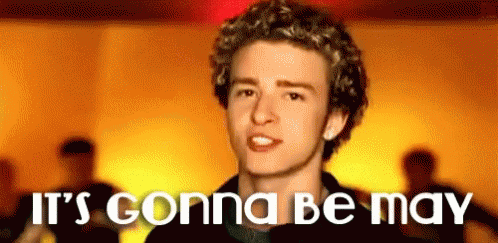Pitching proposals to leadership
This past week, I had the biggest personal win in the last 2 years at Amazon. I presented a 12-page proposal to 7 directors proposing to shift the organization from Engineering to UX/Product. Given the leadership team are SDMs, it's a long shot at the moon. I reached a consensus with 6/7 people during the 1.5-hour debate with directors and Sr Principal Engineers.
Winning this agreement meant I will present what they would take ownership of in 2023 and beyond. 🤣 We'll see how I do by the end of next month... haha. Even though I haven't won yet, I'll explain why I'm so proud.
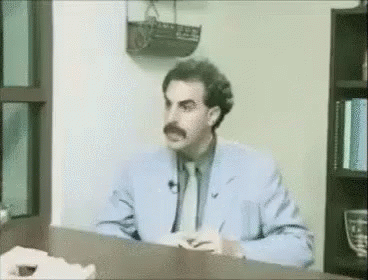
I honestly never thought I could write something of substance, much less convince people who are two levels above me. I was surprised Sr Principal Engineers would back my cause to debate their own peers. There were only two outcomes, either disagree and I'd contemplate life or I'll have massive work on my hands.
After I told this story, people asked me "How often do you get burned out?" I think it has to do with how hard this task was, lol. Well.... nobody told me to do this. I'm addicted to the hard stuff. I normalize "hard" because of 2 fundamental beliefs 1) I know I can do anything, and 2) it's hard because I probably have weak skills in it, so it must be done. It's a double edge sword because while I love these challenges, I get cognitive overload. It's from my dissatisfaction with the status quo, and taking on things that nobody wants to do simply because "they're too hard or don't believe change can happen."
Nothing changes overnight. I always attempt to make change and see how far I can go, before quitting. Quitting is easy, change is hard. Sometimes it's easier to change than to quit and start over.
While I am not an expert on mitigating burnout or cognitive load, I've been wildly conscious of my activities to prevent it.
Burnout and cognitive load are two distinct but related concepts. Burnout is a chronic state of emotional, mental, and physical exhaustion caused by prolonged stress. Cognitive load is acute and temporary from the amount of mental effort and burden required to perform a task.
The 3 types of cognitive load and what can help
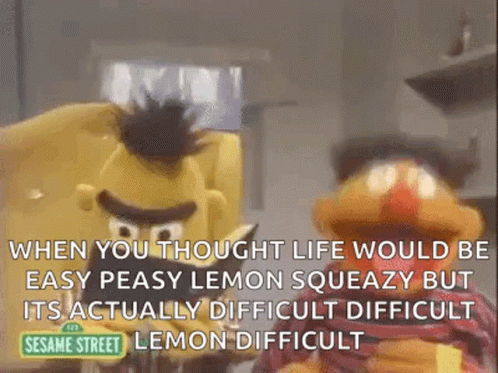
Dealing with a high level of complexity.
The more complex the project, the deeper your understanding needs to be of the subject matter.
- Break complex tasks into smaller parts
- Define clear expectations for tasks
- Use mnemonics to help memorize important information
- Take regular breaks to avoid mental fatigue and overload
- Provide access to subject matter experts or mentors for guidance and support
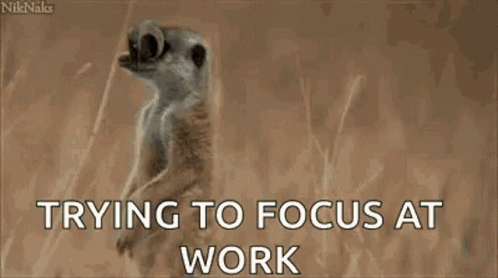
Distracting Environment.
Loud workplaces, distractive environment. With the return to work mandate happening this year, this is a concern of mine.
- Find a quiet space to minimize visual distractions
- Use noise-canceling headphones or music to block out external noise
- Avoid multitasking and focus on one task at a time
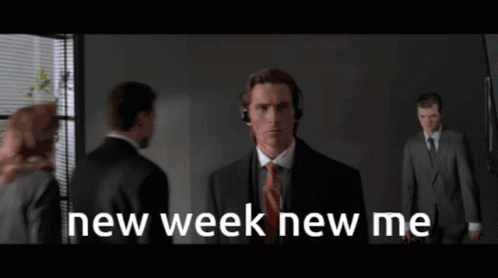
Building and integrating new knowledge and skills into long-term memory
When you learn a new skill or obtain new knowledge, how are you actively applying it? For me, being a better writer, communicating "No" more often.
- Seek out learning opportunities. ie. workshops or online courses
- Use active learning techniques. ie. taking notes or summarizing information
- Apply new knowledge and skills to real-world projects and tasks
- Practice reflection to reinforce learning and identify areas for improvement
Everyone's cognitive load is different and is impacted by different factors. I do weekly reflections on what went well and what didn't, and what I should do in the coming weeks. This helps me do a self-check. One of the things I fail a lot on is taking breaks and getting out of my desk more often for a real mental break. I should do that more often.
P.S. So far, I have 24 subscribers at a 92% engagement rate. WOW! Thank you, friends. :) Industry standard open rate is only 22%. Glad you are liking my content. If you know anybody who would enjoy my content, forward them a post! Looking to grow more subscribers 🙏🏻
